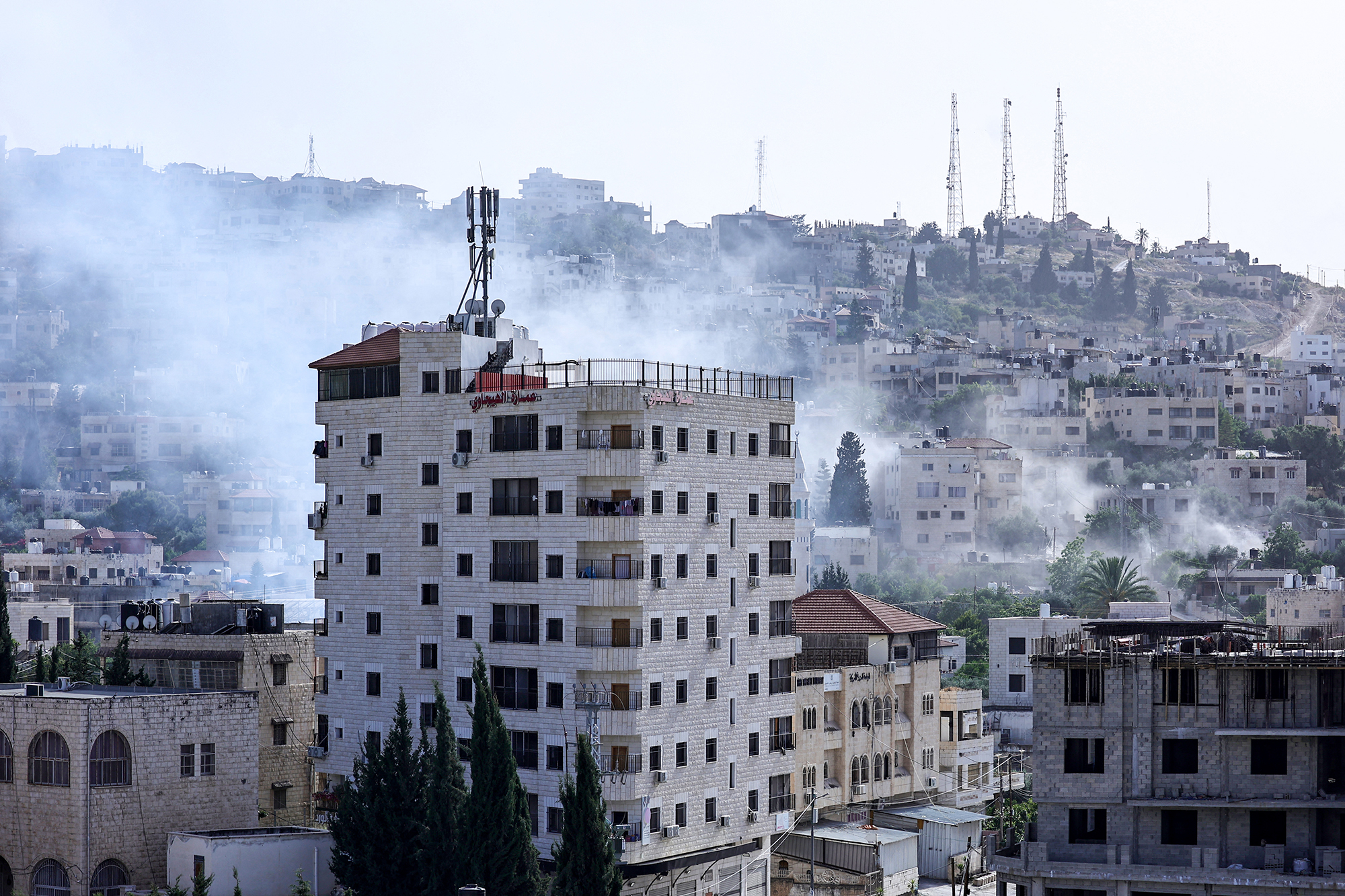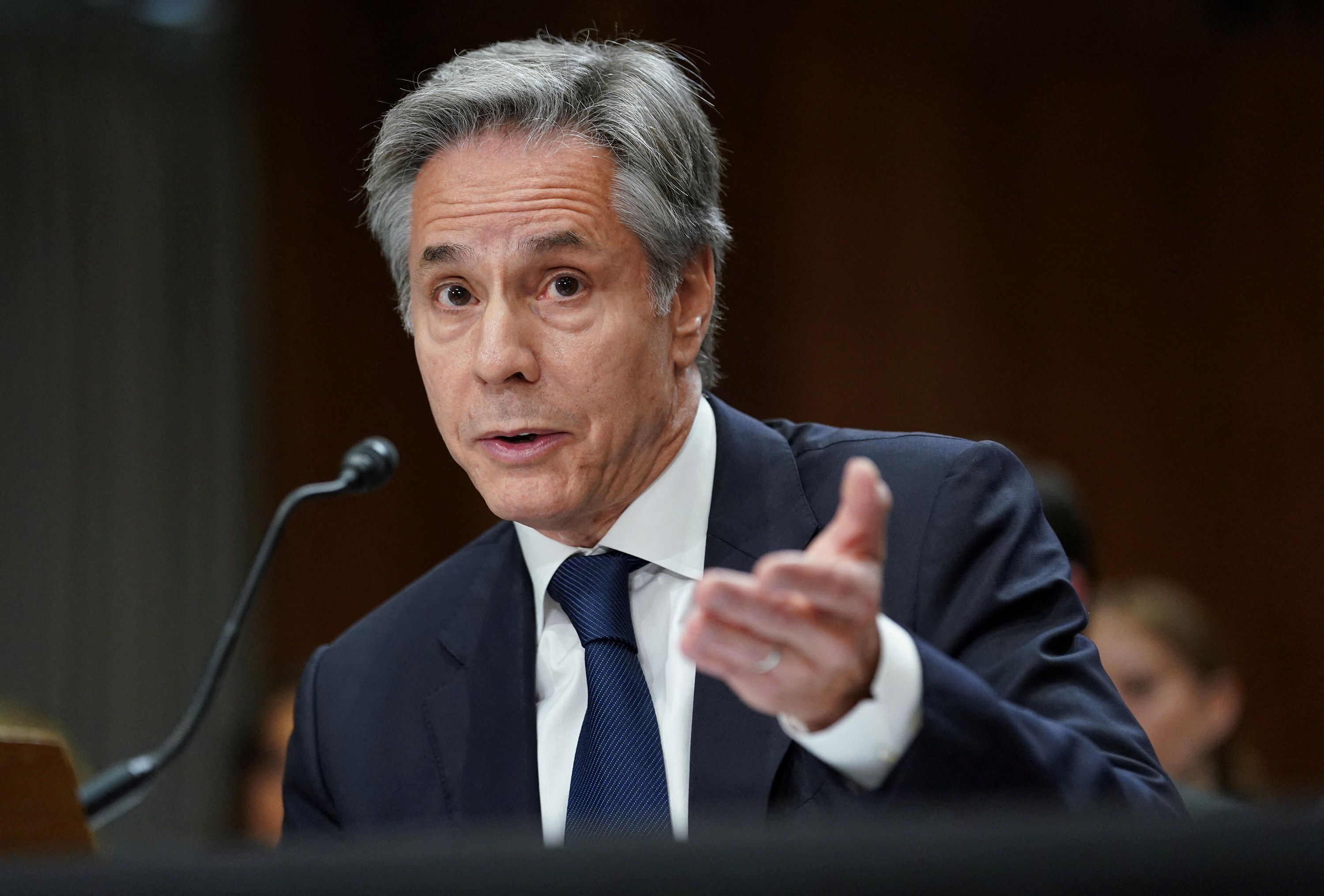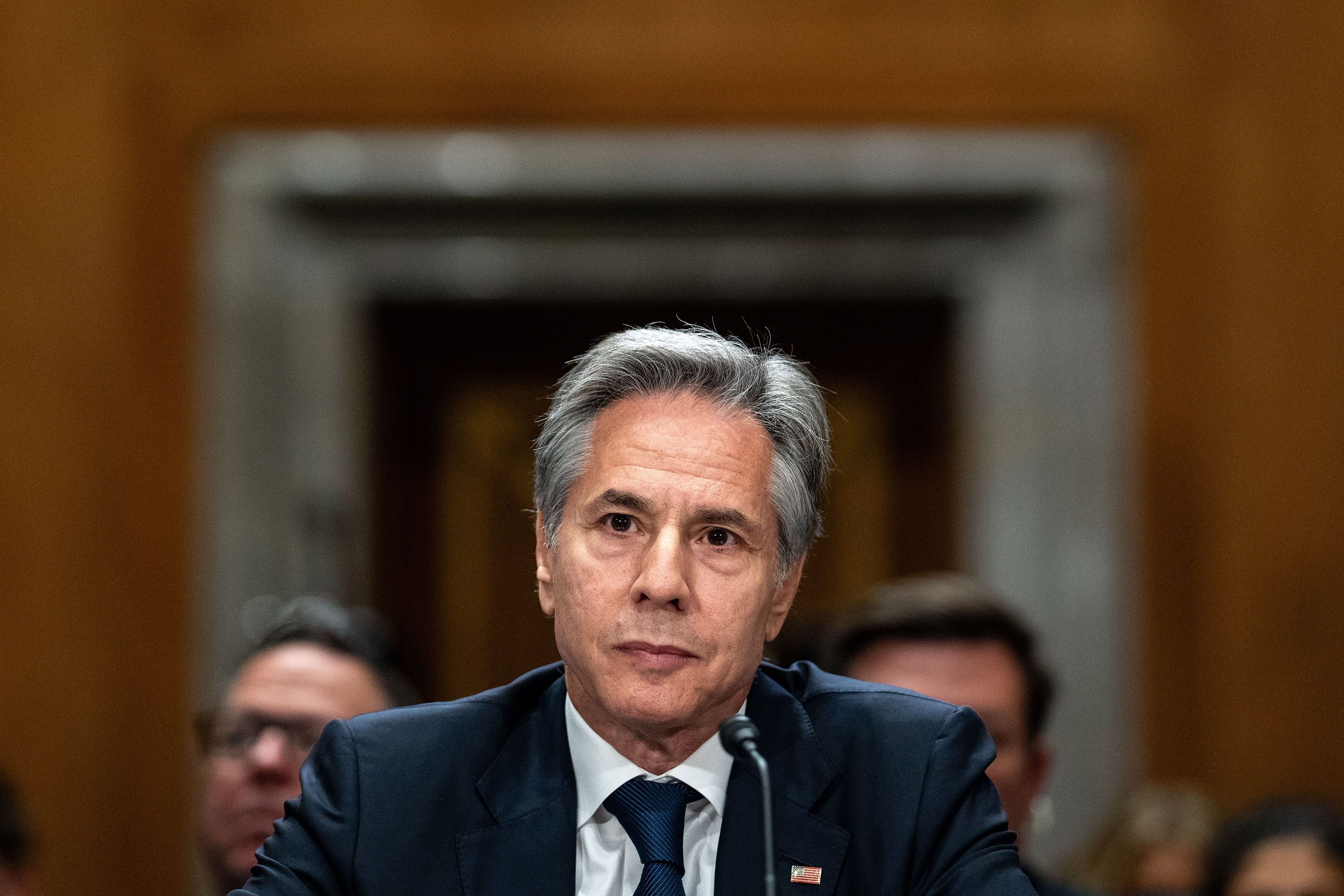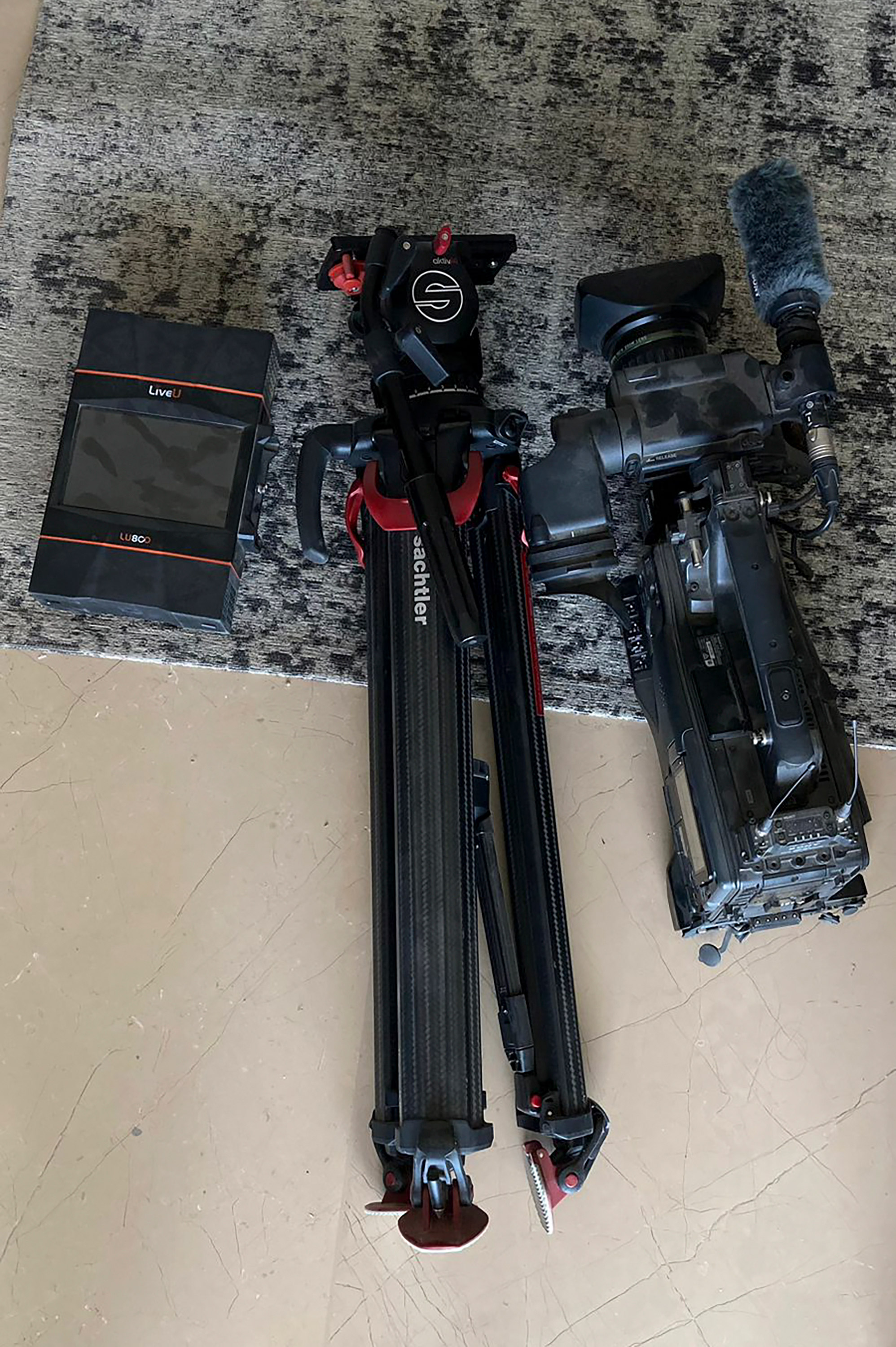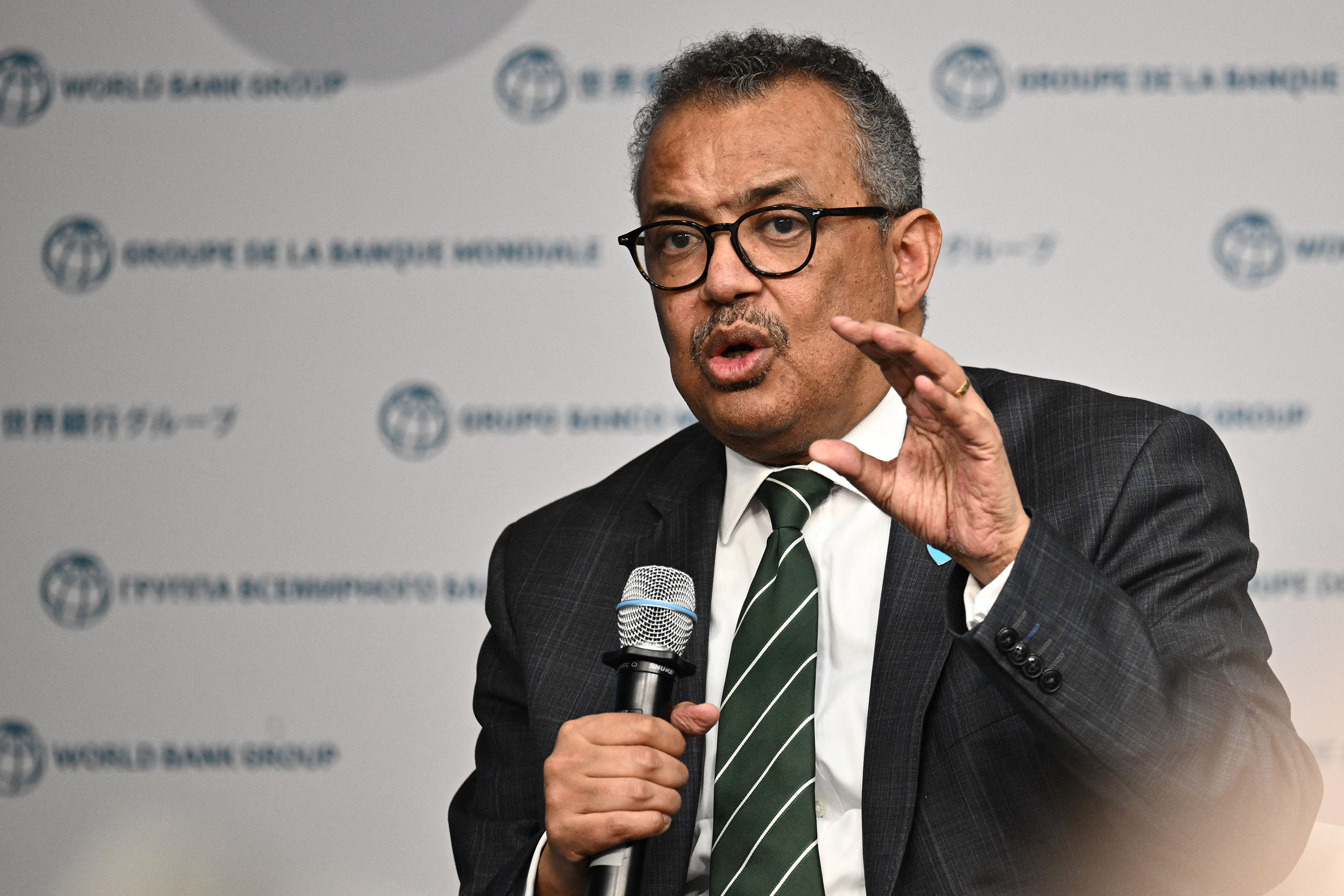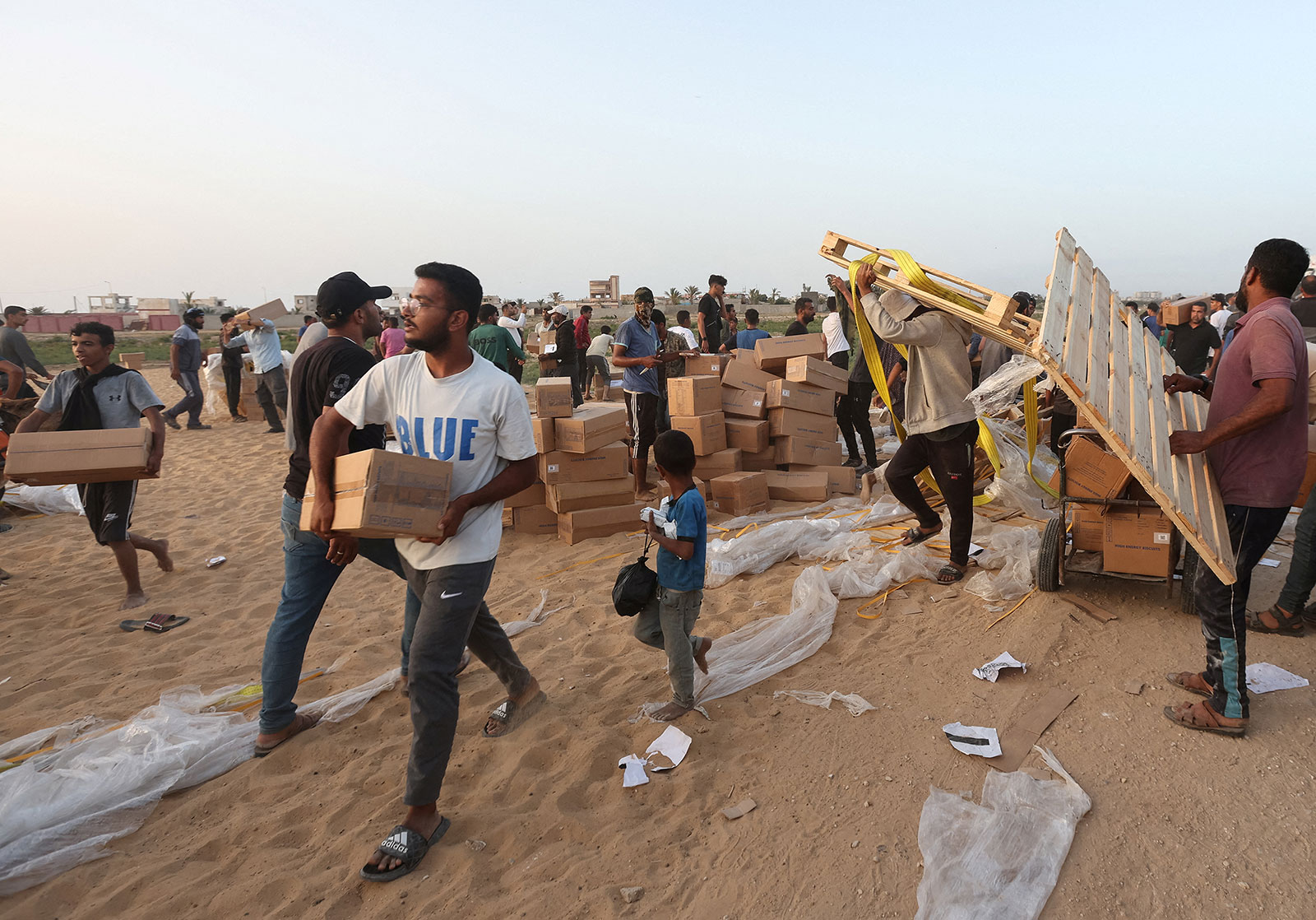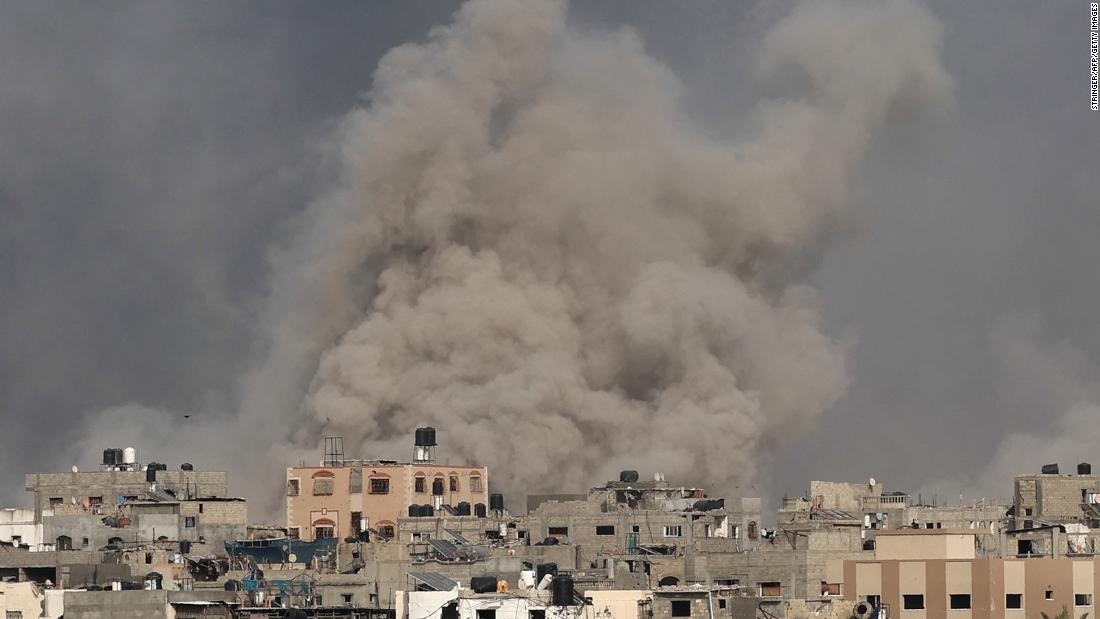
In a tragic turn of events, two significant figures in international politics passed away on May 21, 2024. Iranian President Ebrahim Raisi and Israeli Communications Minister Shlomo Karhi both lost their lives unexpectedly.
Let us begin with the developments regarding Iran. President Raisi was killed in a helicopter crash in a remote area of northwest Iran, along with seven other individuals. The cause of the crash remains under investigation, but there is no indication of foul play at this time.
Raisi's death has led to an outpouring of condolences from around the world and scenes of mourning in Iran. He was widely considered a potential successor to Supreme Leader Ayatollah Ali Khamenei, who is currently the ultimate authority in Iranian politics.
Meanwhile, in Israel, Communications Minister Shlomo Karhi died suddenly. The Israeli military had planned to confiscate equipment from the Associated Press (AP) news agency due to concerns about security risks. However, after an examination by Israel's Ministry of Defense, the decision was made to return the equipment and cancel the operation.
Now let us delve deeper into each story.
Iranian President Ebrahim Raisi: A Controversial Figure Raisi was known for his brutal approach to silencing dissent. He gained notoriety during the 1980s when he was part of a four-judge panel accused of ordering the executions of as many as 30,000 political dissidents. More recently, he oversaw a harsh government response to mass protests over the killing of a 22-year-old woman who was accused of not wearing her hijab properly.
Despite his controversial past, Raisi's death has led to an outpouring of condolences from various world leaders. Iran has declared five days of national mourning for the late president and other victims in the helicopter crash.
Israeli Communications Minister Shlomo Karhi: A Change in Course Karhi's sudden death came after Israel had planned to confiscate equipment from the AP news agency due to security concerns. However, following an examination by Israel's Ministry of Defense, the decision was made to return the equipment and cancel the operation.
This turn of events marks a change in course for Israel regarding its relationship with media organizations. It is essential to note that this decision does not indicate any softening of Israel's stance on security matters but rather a recognition that transparency and open communication are crucial components of maintaining trust between governments and the media.
In conclusion, the sudden deaths of Iranian President Ebrahim Raisi and Israeli Communications Minister Shlomo Karhi have left a significant impact on international politics. Both figures played essential roles in their respective countries, leaving behind complex legacies that will shape the future of their nations.
